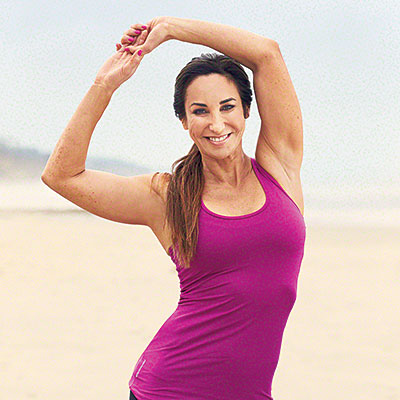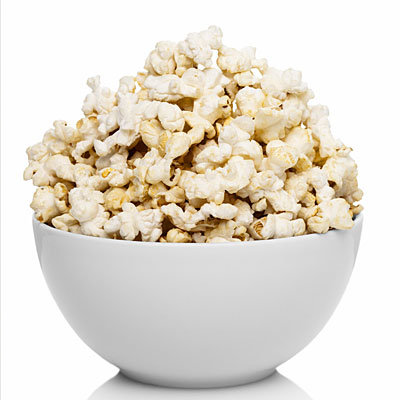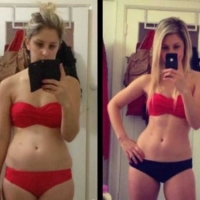The Role of Metabolic Rate in Weight Loss
As everyone probably knows by now, first two steps in speeding up the metabolism are eating small frequent meals and drinking more water. An important fact is that cold water has a big advantage over warm water: when drinking cold water, the body burns calories warming it up to its temperature. Chemicals, such as nicotine and caffeine, do have a small effect, but aren't recommended as a treatment for obesity due to various side effects including an increase in the heart rate.
It is a fact that a diet can be ruining for one's metabolic rate. If you severely restrict your calorie intake without exercising, it's likely you'll have a lot less muscle now compared with the very first time you dieted. As a consequence, the metabolism will also be lower so that you need fewer calories to maintain your current weight. This is because when you follow a very low calorie diet, you lose muscle as well as fat. But when the weight goes back on, you usually only regain fat. This means, your metabolic rate is likely to have dropped a little every time you've dieted, making it slightly harder each time for you to lose weight. The good news is you can increase the amount of muscle by increasing the amount of exercise.
The term 'metabolic rate' or 'basal rate' refers to the energy (calories) we expend over a day just keeping our body functioning. In general, the more muscle we have, the higher is our metabolic rate - the rate at which the body burns calories. This explains why men, who have a high proportion of muscle, have a faster metabolism than women. Ultimately, muscle burns a lot more calories than fat so when we lose muscle, our metabolic rate drops and we burn fewer calories. That's why it is crucial to do as much as you can to protect your metabolic rate, especially when you're dieting.
The best way to burn calories is to increase the level of physical activity. In the long run, improving the body composition (increasing muscle and decreasing fat) by being more physically active will lead to small but important increases in the metabolic rate. Body muscle burns 73 more calories per kilogram per day than fat does, so the more muscle. The bottom line is, you'll gain weight if you consume more calories than your body needs. The first step in successful weight loss is recognizing the need for a change.
Related Articles
-
1600 Calorie diet plan that works
Most of the weight loss programs that guarantee fast weight
-
Weight Loss Diet-An Overview of Rapid Weight Loss
Overweight people are increasing day by day and the reason which contr
-
What Not to Do in Order to Lose Fat Fast
Life in the fast lane is becoming more and more common and it is also
-
Fitting Fast Food into Your Weight Loss Plan
In our fast-paced society of working long weeks and being involved in
-
Some Myths And Facts About Fat Loss Exercise Programs
Overweight and obesity is becoming a burning issue all over the globe,
-
Fat Burning Furnace Weight Loss Scam
Of all the weight loss program in the industry, why can Fat Burning F
- DON'T MISS
- Combat The Fat Ebook Torrent
- How to Lose Belly Weight Fast
- Fastest Way To Lose Weight
- Lose 25 Lbs of Fat in 30 Days - Amazing Online Diet to Easily Drop to 25 Lbs of Fat in 4 Weeks!
- Food is Supposed to Keep Life, Not to Take it!
- A Neat Way to Lose Weight
- Hawaii HCG diet-a great assister or helper.
- The best slimming tips of 2010
- Weight reduction Math
- Caralluma Actives...What Is It?




